It was the Kolkata breeze that brought me back, if only for a moment, to a boyhood memory on the Jersey shore, where I spent ocean-side evenings bike racing with my brother to pass the time before dinner. But the sound of snorting pigs in the distant bush jolted me back to the present.
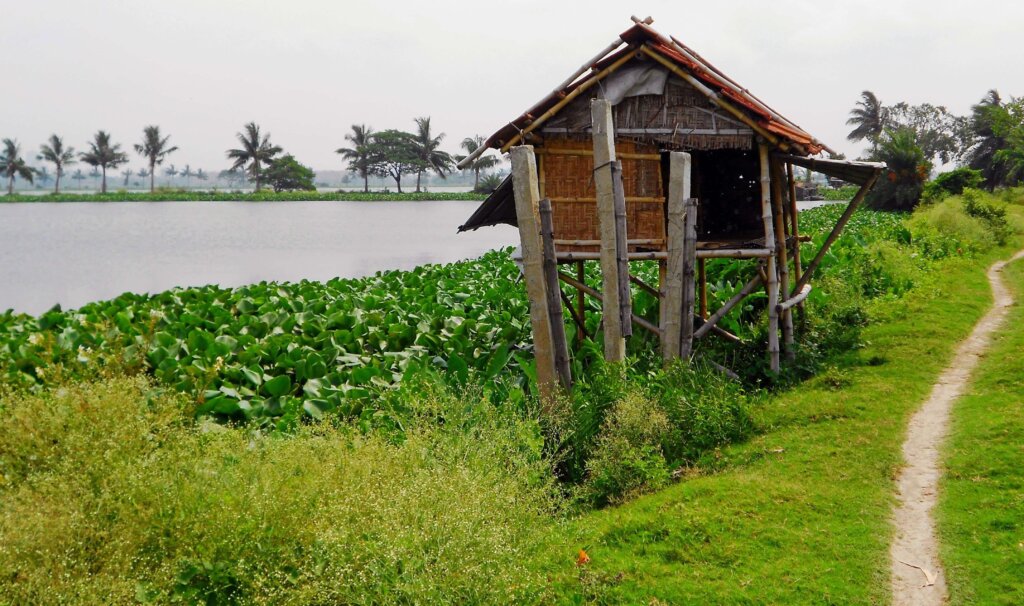
Fisherman sleep in huts like this one along paths to the village to prevent their fish from being stolen. Photo by Beth Dauer
I was standing near the village of Dhapa in the secluded wetlands of east Kolkata, India, an area of fish-filled lakes lined with palm trees and trash. The wetlands, our guides would tell us, are where the city’s landfills are and act as a natural filtration and treatment system for local water, earning the spot the name “The Kidneys of Kolkata.”
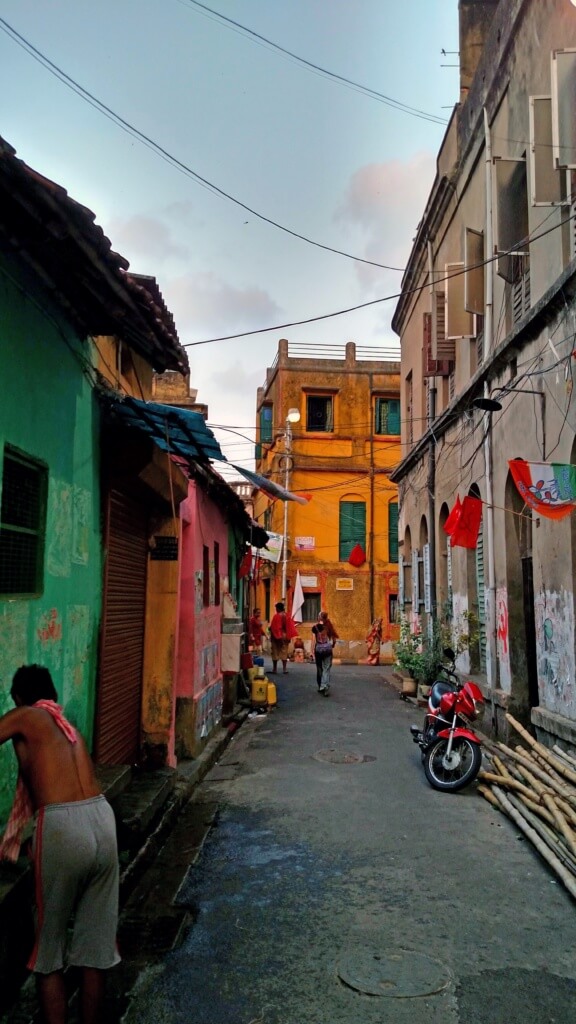
Over 14 million people live in metropolitan Kolkata, the former capital city of the British East Indian Company. Photo by William Edwards
I was with a young crew from a western university on a service trip to help Mother Teresa’s Missionaries of Charity. We were over a week into the trip and had been work-, heat-, diarrhea-, and masala-exhausted to a point our bodies didn’t know was attainable. We looked forward to the bike ride – one that promised a non-stop breeze and splashes of fresh, cold water on our sunscreen-coated-yet-burned-anyway skin. The group was ready.
We were picked up from our downtown hotel at 7 a.m., more than two hours after the sun had risen, by our guides from Calcutta Walks, the city’s most popular and up-and-coming tour service, who had outsourced the day’s affair. The long, old van they crammed us into weaved its way through the endless Kolkata traffic in the chicken-filled, people-laden, filth-covered streets – until respite came with the sight of water.
Hold on,” one of the guides warned, as we entered the wetlands’ network of single-lane, bumpy dirt roads – the city fading behind us. Water consumed the view from either side of the vehicle’s curtained windows. We arrived at three, humble buildings that sit alone among the tide and the wind – an anomaly in a metropolitan area of over 14 million people.
We climbed out of the van, performing the never-ending tasks particular to fair-skinned, visiting Westerners: applying bug spray and sunscreen and swallowing large gulps of water, all while in a constant squint. The sun was rising higher each minute. It was another day in an unrelenting heat wave that saw heat indexes in the 130s °F (54 °C), caused over 2,000 fatalities, and melted roads throughout India.
For you,” a short, round, middle-aged Indian man with a thick mustache and circular glasses said as he handed me a Firefox mountain bike. It was a bit small for my liking but it would have to do for the uneven terrain we’d be covering. The Trek I had my eye on was for the boss.
Remember these are Britain-made bikes, so the back brake lever is on the left,” the short man shouted to us as we began to pedal in circles around the premises. He was Neil Law, a Kolkata resident and adventure tourism entrepreneur who normally leads mountain biking tours in Sikkim, India, bordering China in the Himalayas. “Practice. Don’t flip.”
Law set off with us on the narrow dirt trails, as we rode from shadow to shadow cast by the sporadic, lonely palm trees that hug the area’s lakes. It was among the most beautiful landscapes I had ever seen.
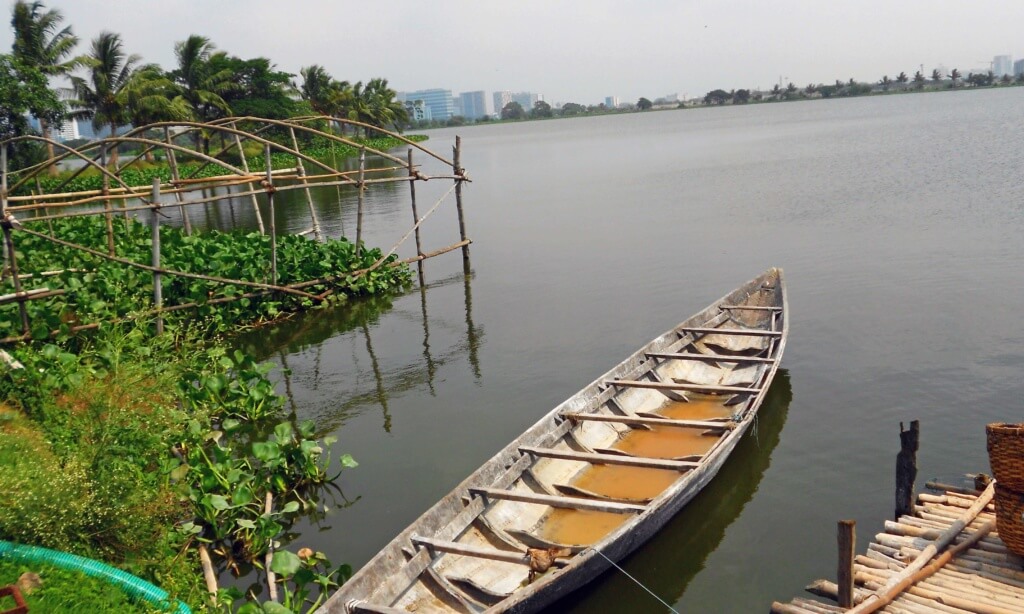
Kolkata’s wetlands offer some of the most beautiful views in the city. Photo by Beth Dauer
Then the trash piles appeared again, and with them, the pigs. Dozens of them, finding their livelihood in the landfills, flanked us. The more I took in the aura of the handsome Indian paradise juxtapositioned with scenes of unprecedented amounts of manmade waste – all set to the soundtrack of squeals and snorts – the more I became certain it was the most unique ride I had experienced and perhaps ever would.
Make no mistake: it was one of the most exhilarating as well and on the fringes of a city where cycling has the odds stacked against it from the start.
Unfortunately there’s a law in Kolkata that bans cycling in the city except for in the morning and in the evening,” Iftekhar Ahsan, founder and head of Calcutta Walks, told me later during our drive back into downtown. “A good city has about 25% road-space. Kolkata has about 6%. So that’s why we need to restrict.”
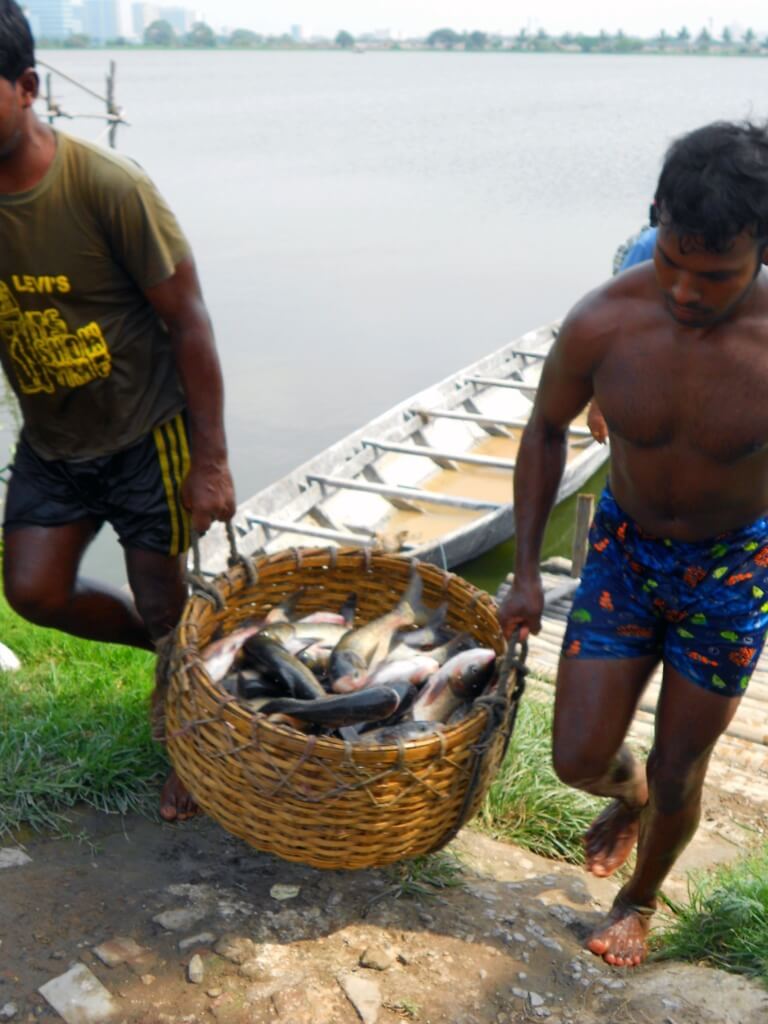
Fishing is the main source of income for the small, humble, wetland village. Photo by Beth Dauer
Not worrying about road-space in the rural setting, Law stopped the group and pointed to the lake. Men were standing on boats, slapping the water. Others were in the lake holding a giant submerged net, all attempting to scare fish into becoming a part of their first catch of the day. Our ride’s end point was the fishermen’s destination, too. As they eventually paddled to the dock, we pedaled to meet them. When we got there, they were moving live carp and a few intermittent catfish from their boat into a holding pond, later to be caught again and then sold or eaten.
Fishing is the main source of income for the small, humble, wetland village, according to Law. But as we observed their daily work, we straddled what Law hopes will one day become another major channel of revenue for him and his neighbors – bicycle tourism.
Whatever money comes in here, I share it with the local people so their livelihood is not only dependent on fishing. I’m trying to show them another source of income,” Law said. “It is the beginning…”
He’s found the right place for his bike tour service. If any city has earned the polluted, ‘concrete jungle’ tag, it’s Kolkata. No other place in the City of Joy exudes the calming ambience of its wetlands.
This is the best place to cycle – no pollution, no traffic, good trails,” Law says. “And for the tourists there is value added. The feel-good factor is there.”
Later that afternoon, as I sat under a tree, recovering from the unbearable heat and devouring one of the catfish the men had caught, I found it hard to disagree with Law. Of course the catfish played a role in that concurrence: it quelled my hunger and it held the promise of sustainment for the rest of my day.
But I felt sustained in another way, too, the way we intuitively know something is right or of beauty. I had the ride to thank for this, as well as Law who, smiling at us, knew his business, and so too his community, wouldn’t fade.
_______________________________________________________________________________________________
William Edwards is a freelance journalist studying communications at DeSales University in Pennsylvania’s Lehigh Valley. @_williamedwards
Get your FREE copy of our new guide: Momentum Mag's Bike to Work Guide
Bike commuting is practical, liberating, and a great way to integrate fresh air and exercise into your daily routine. In this guide we outline the major benefits of bike commuting, go over the equipment you’ll want, provide solutions to any concerns, and offer advice on route planning and other practicalities.
Thank you for your submission. Please check your inbox to download the guide!

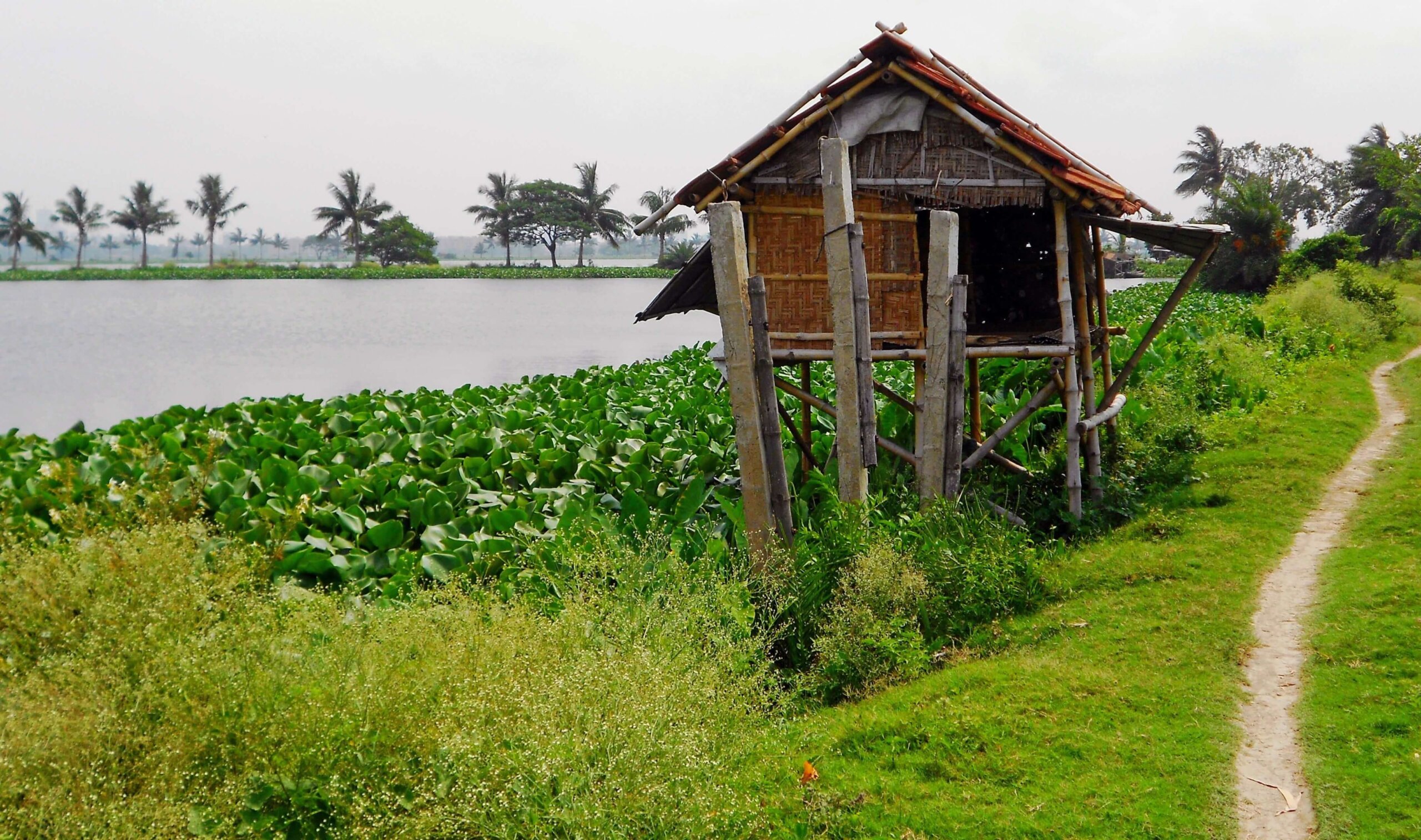
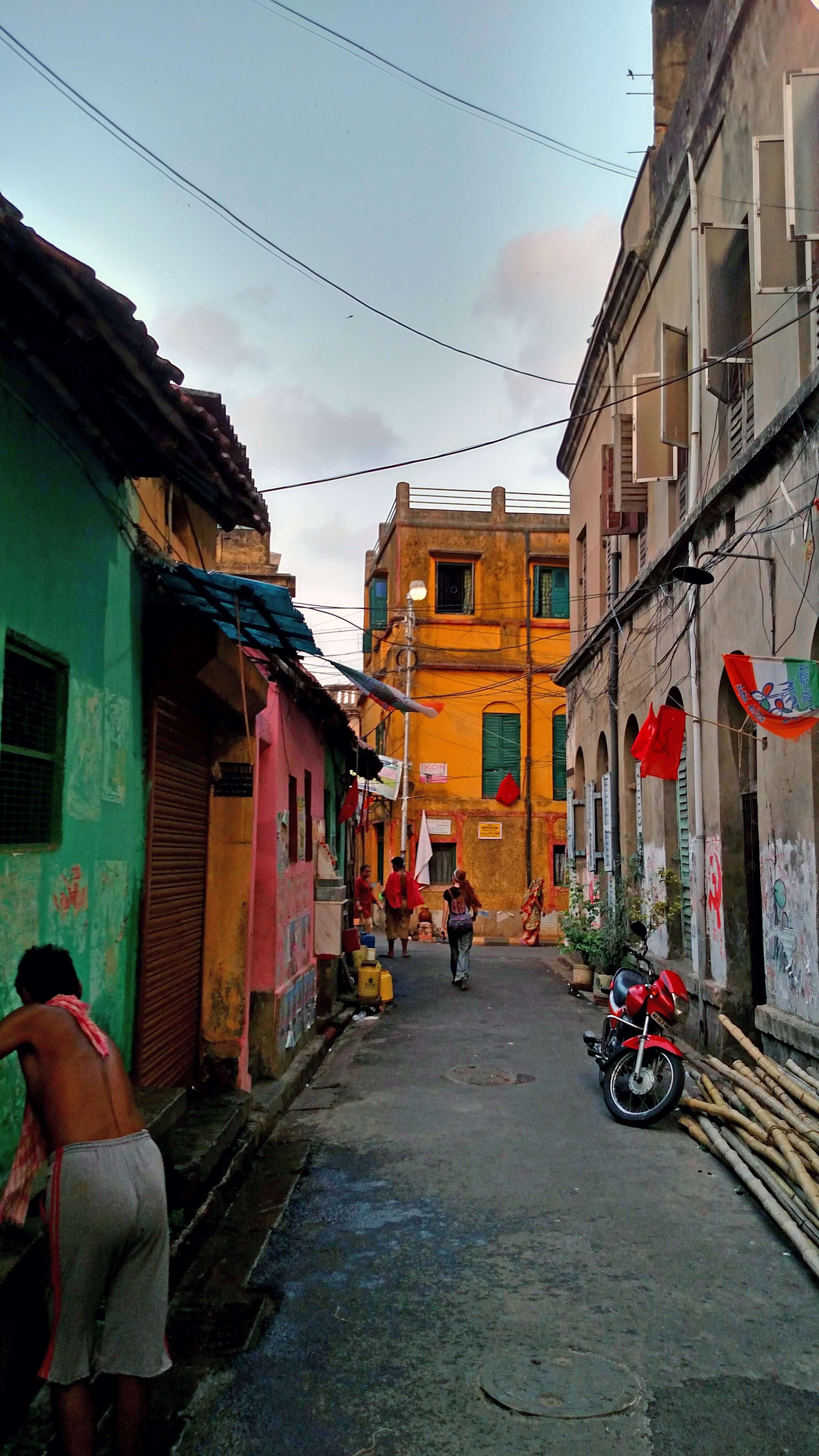




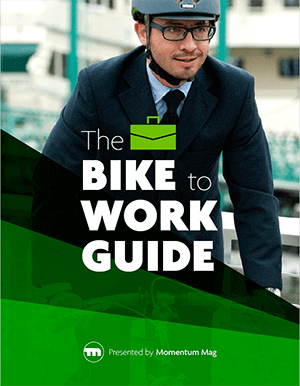
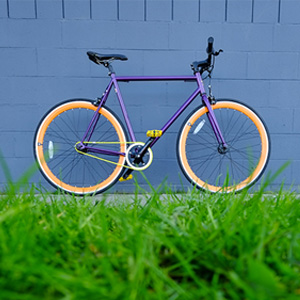
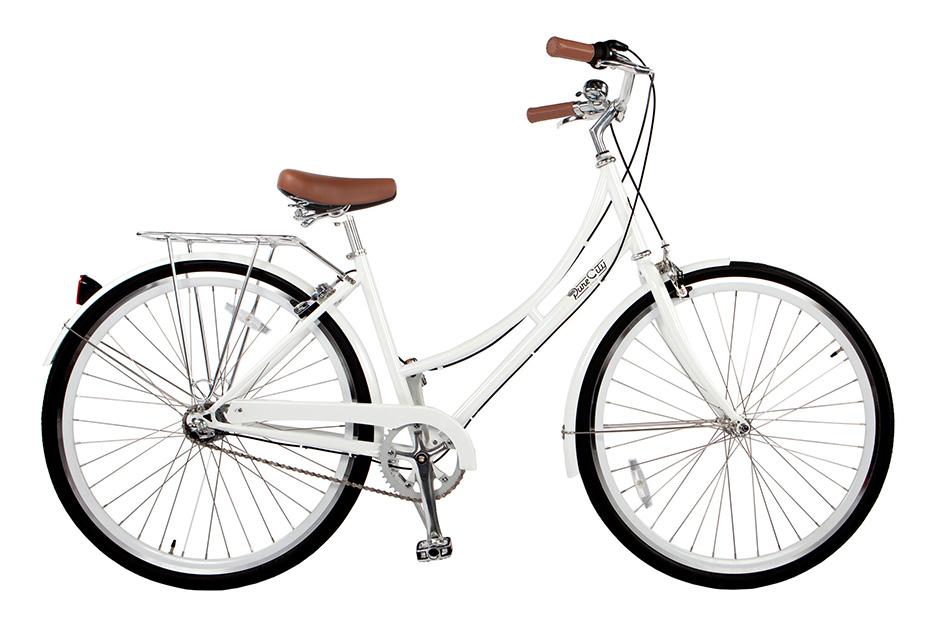
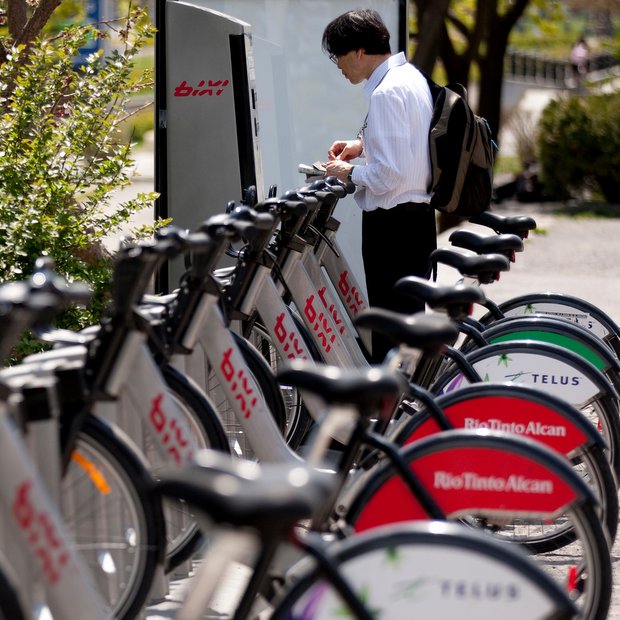
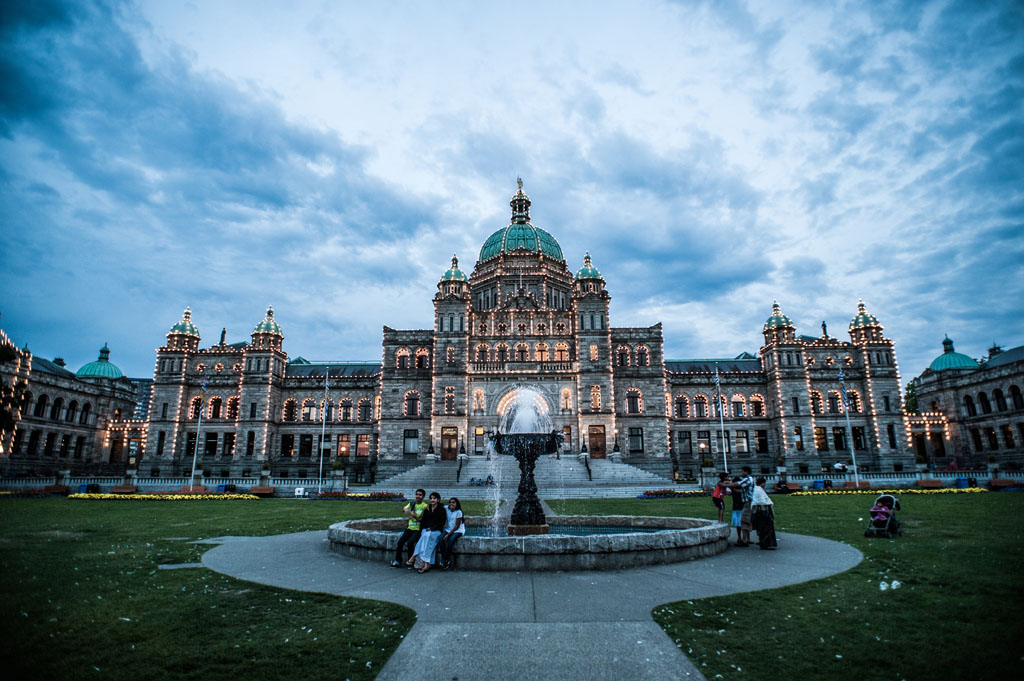
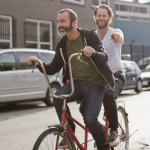

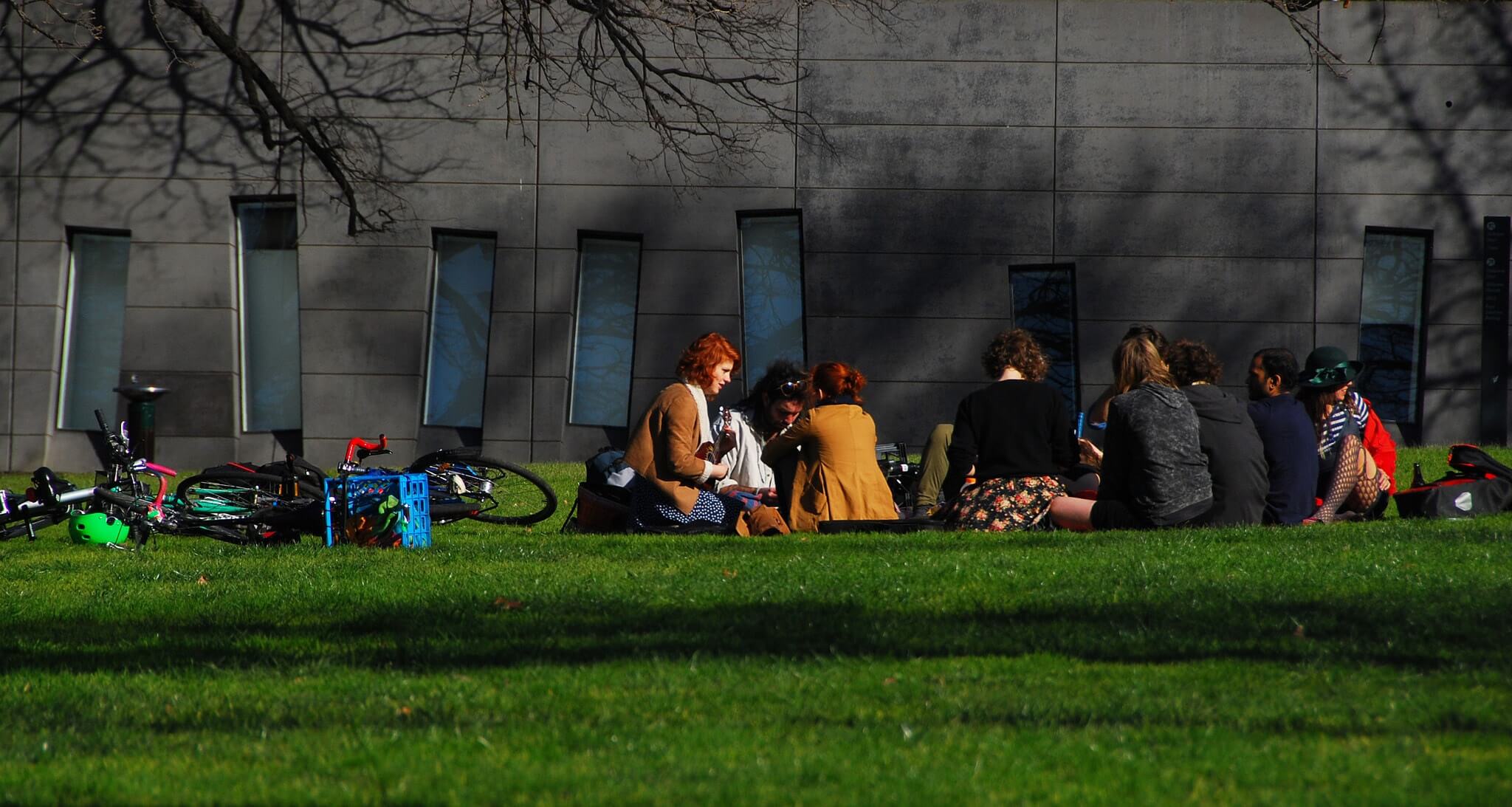
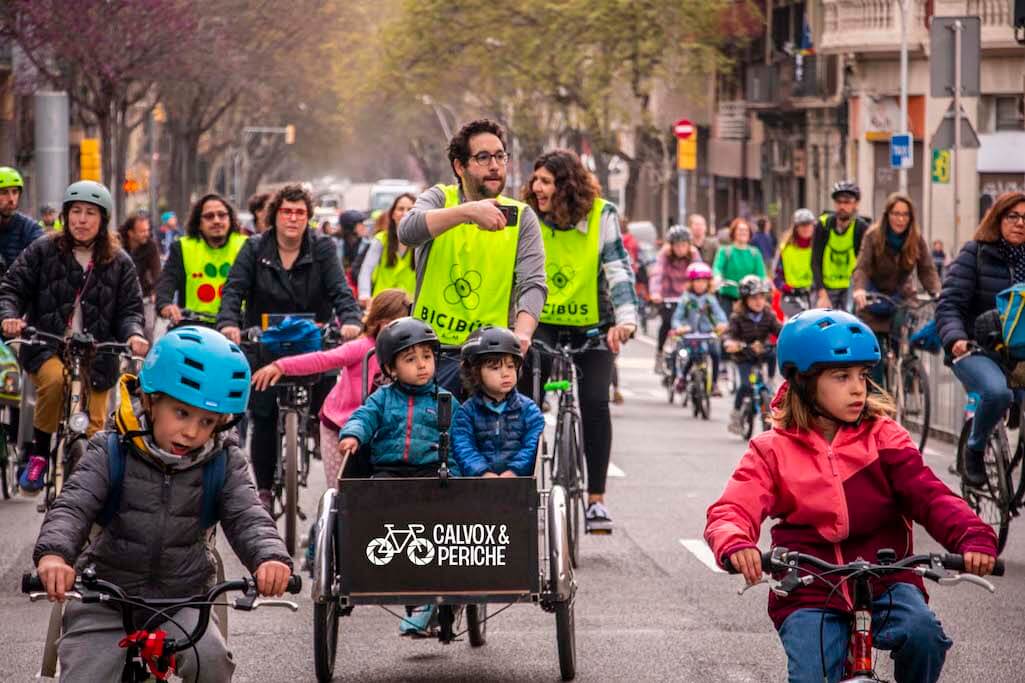
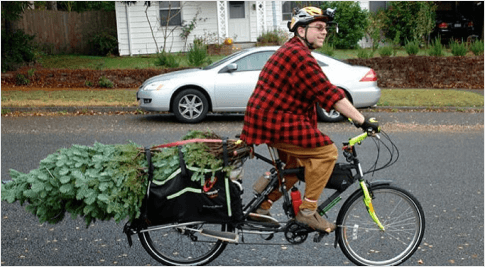
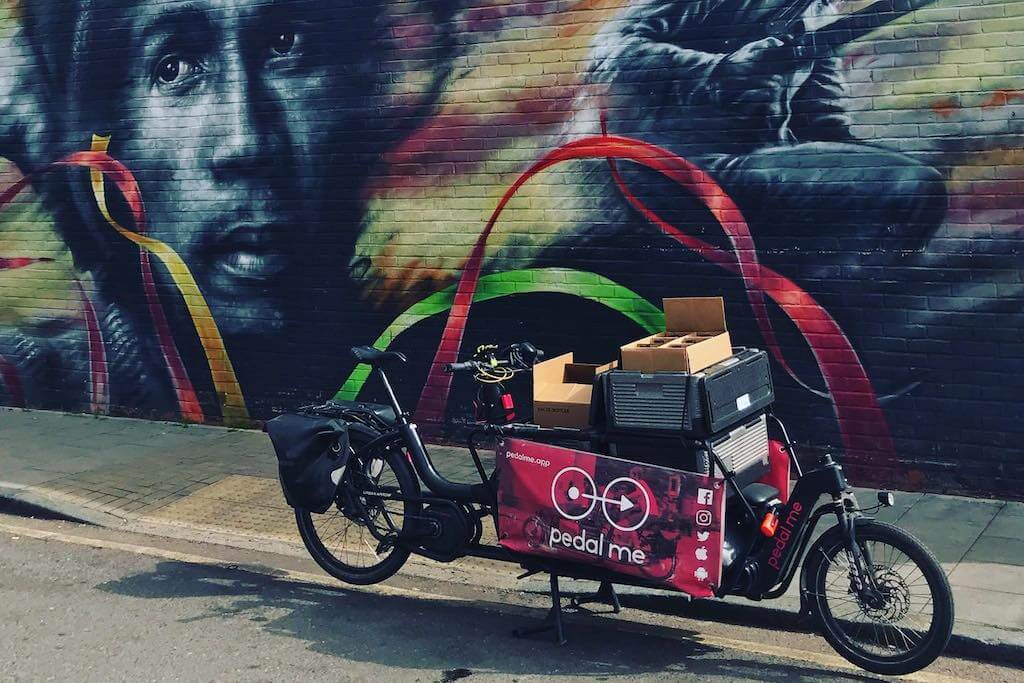

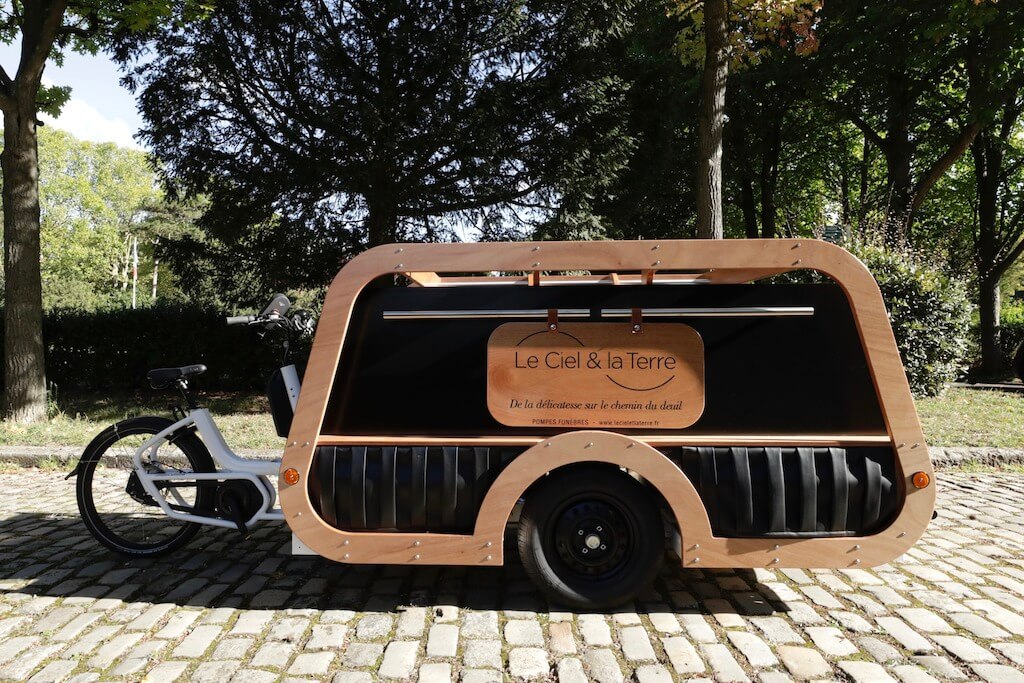
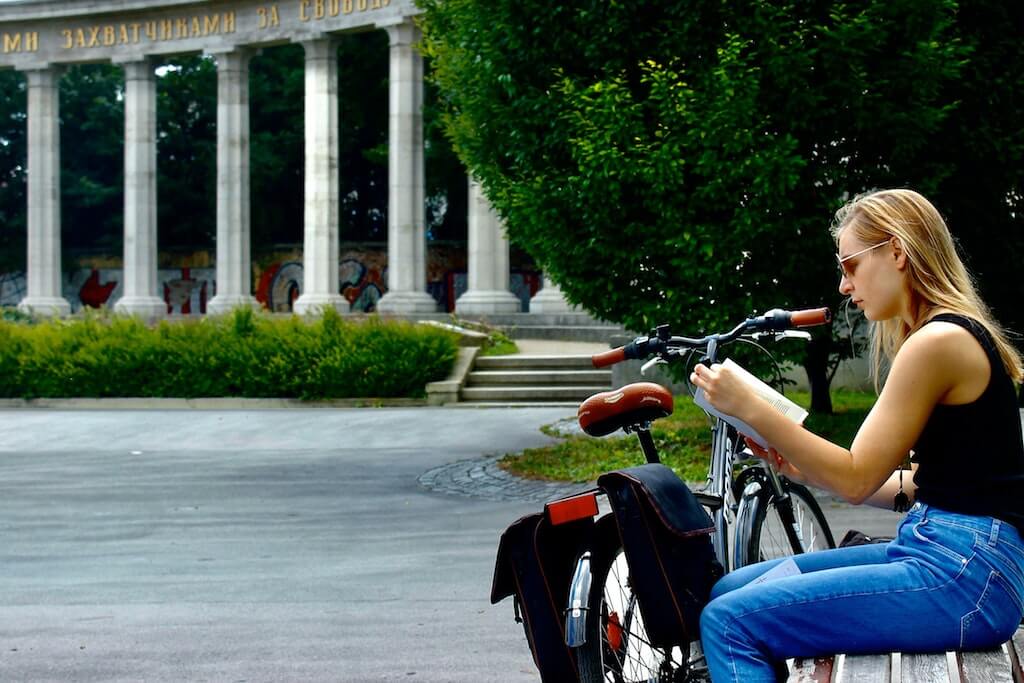
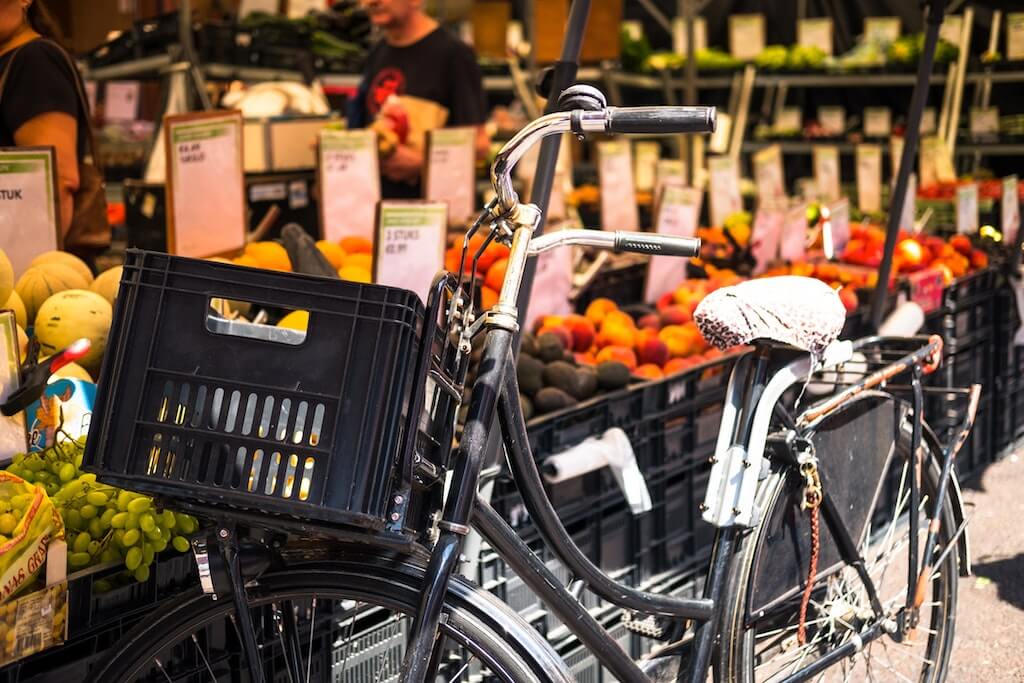
Comments are closed.